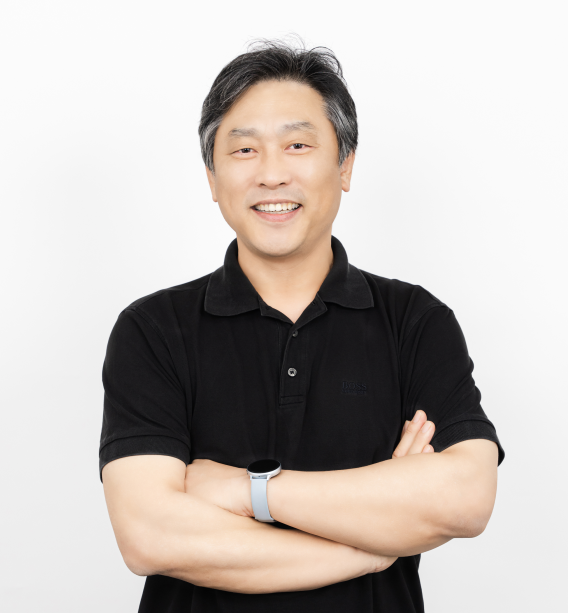
Solivis(솔리비스), a specialist in sulfide-based solid-state electrolytes, has raised $15 million (KRW 20 billion) in Series B funding from 10 leading Korean conglomerates and institutional investors, including Korea Technology Finances Corporation (KOTEC), KOSPI-listed companies, venture capitalists, securities firms and financial institutions.
Since its founding in 2020, Solivis has built a central research institute and pilot production facility in Hanamisa-jigu, Gyeonggi-do with a total investment of $11 million (KRW 1.5 billion) after raising Series A in 2021, and now with the completion of the $15 million (KRW 2 billion) Series B investment, the company plans to focus on establishing a factory for mass production.
Solivis’ solid electrolytes are considered to have the highest ionic conductivity in the industry, and the company is expected to gain a relative advantage in cost competitiveness through its proprietary synthesis method.
Having secured sufficient ammunition through this investment, Solivis will activate a TF team to build a mass production plant in earnest and expand the laboratory pilot production facility. In addition, Solivis plans to expand its R&D and professional staff and accelerate sales expansion to secondary battery manufacturers and automotive OEMs.
Dong-wook Shin, CEO of Solivis, said, “The capital market has recognised Solivis’ mass-production technology for solid-state electrolytes for solid-state batteries as the most innovative technology that will dominate the market. “We are confident that we will strive to become the number one global company in solid-state battery materials by 2030.”
Solivis is an innovative technology company based on a solid-state battery research institute that has developed world-class solid-state electrolyte mass production source technology and a number of related patents. Dong-wook Shin holds a Ph.D. in materials engineering from Rensselaer Polytechnic Institute (RPI), USA, and has been a professor at the Department of Materials Science & Engineering at Hanyang University for more than 20 years, where he has been researching solid-state batteries.
![[BLT칼럼] 아이온큐가 특허로 '기술 신뢰도'를 쌓은 법 : 양자컴퓨팅 시대, IP 전략 제시 8ee48ae3a3a11](https://platum.kr/wp-content/uploads/2025/10/8ee48ae3a3a11-150x150.png)





Leave a Comment